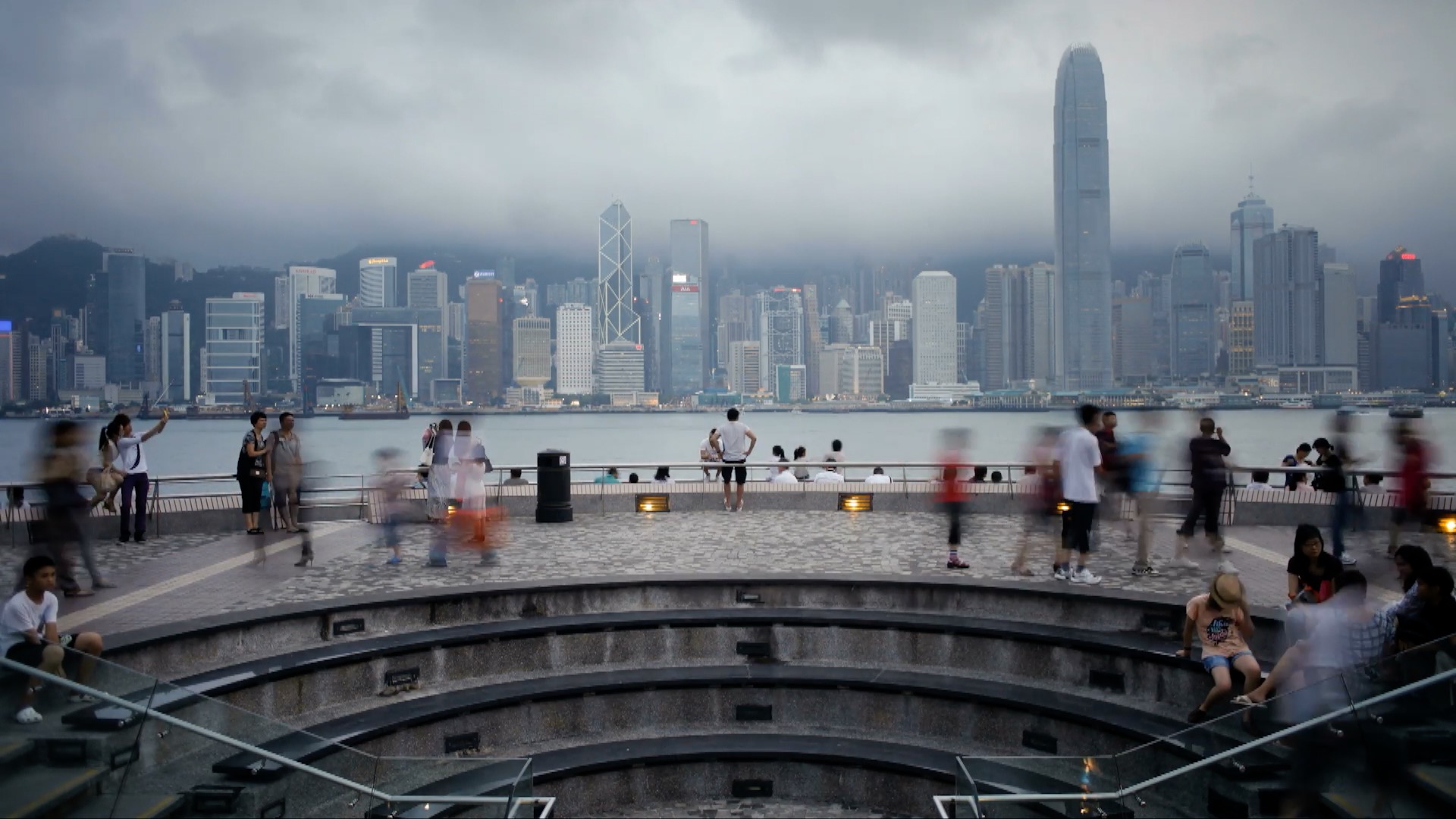ABOUT:
More than 60 million people around the world are currently displaced, a large majority of them fleeing conflict and natural disaster at home. More than 22 million are classified as refugees, people who have had to cross an international border to escape harrowing conditions at home.
The UNHCR manages more than 17 million refugees around the world. Many of them live in camps that were put in place to provide temporary refuge for the displaced. But camp inhabitants spend an average of 17 years living inside them.
“Welcome to Refugeestan” is a journey into the ambiguous world of UNHCR camps, places that are neither cities nor jails, not closed off but not open either. It explores why it’s so difficult for workers to run camps where thousands arrive daily, and also why it’s so hard for refugees to leave them, despite the trials of staying.
Whether in Kenya, Tanzania, Jordan or on the border of Greece, “Welcome to Refugeestan” shows what life is like inside the places nobody chooses to live. And whether it’s through the struggles of refugees or aid workers, it exposes what life is like in placed that are supposed to feel like home, but can end up feeling like prison.
BEHIND THE SCENES AT REFUGEE CAMPS:
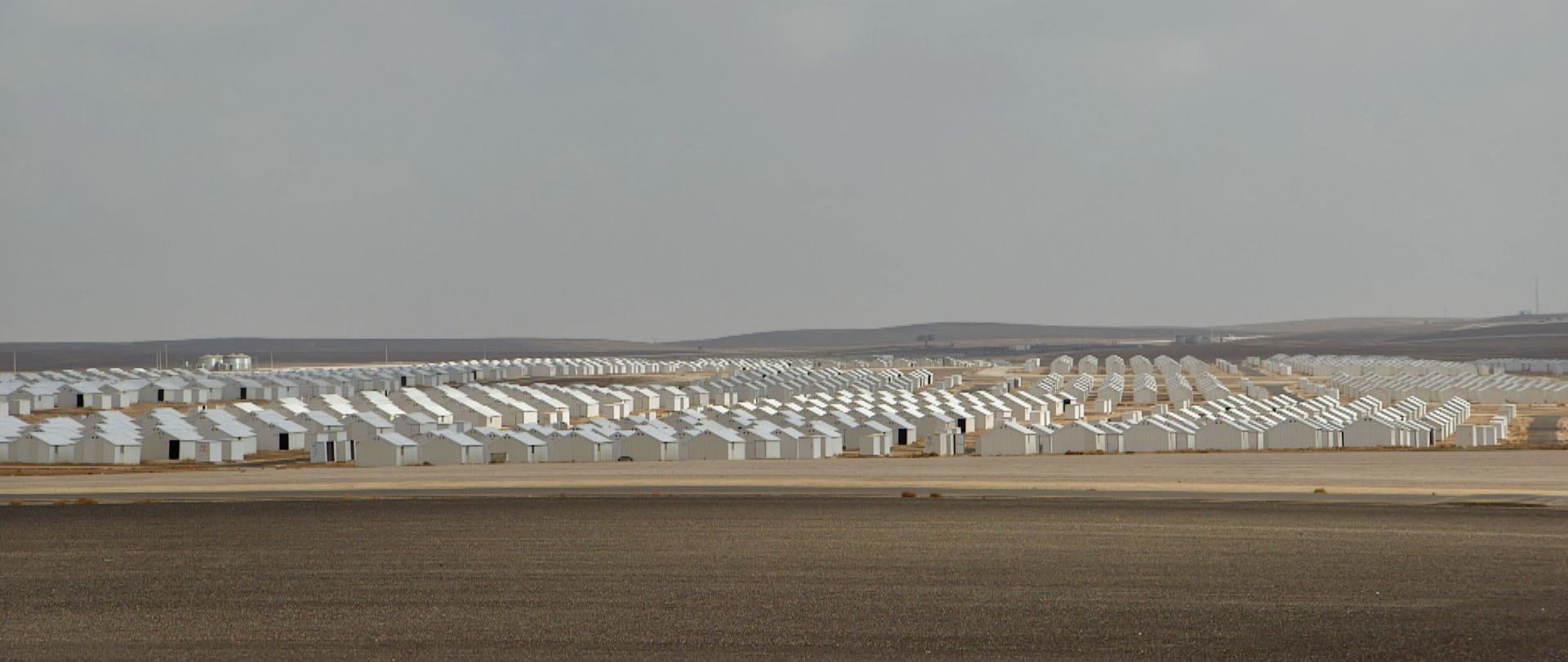
Modular tin homes make up a virtual city in Azraq, Jordan.
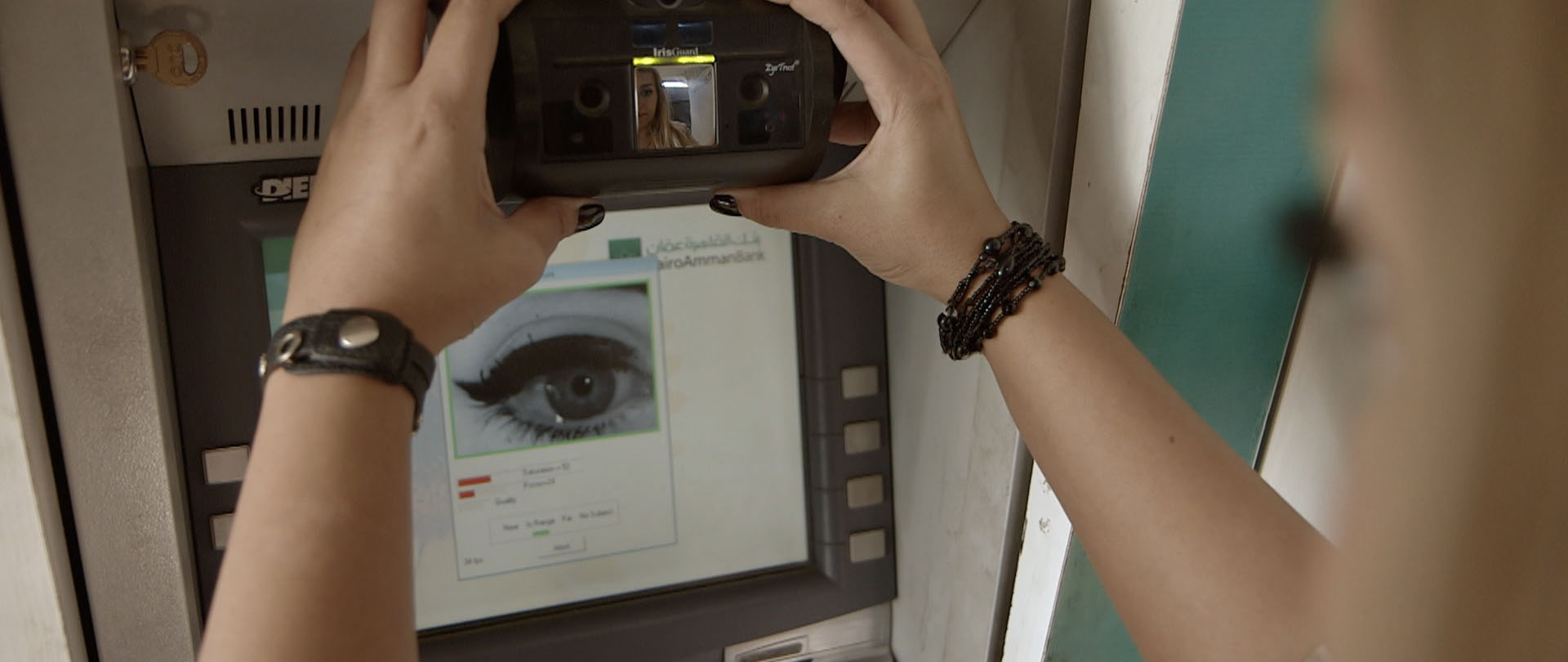
Iris scanning biometrics allow refugees in camps to safely retrieve cash disbursements from automatic tellers.
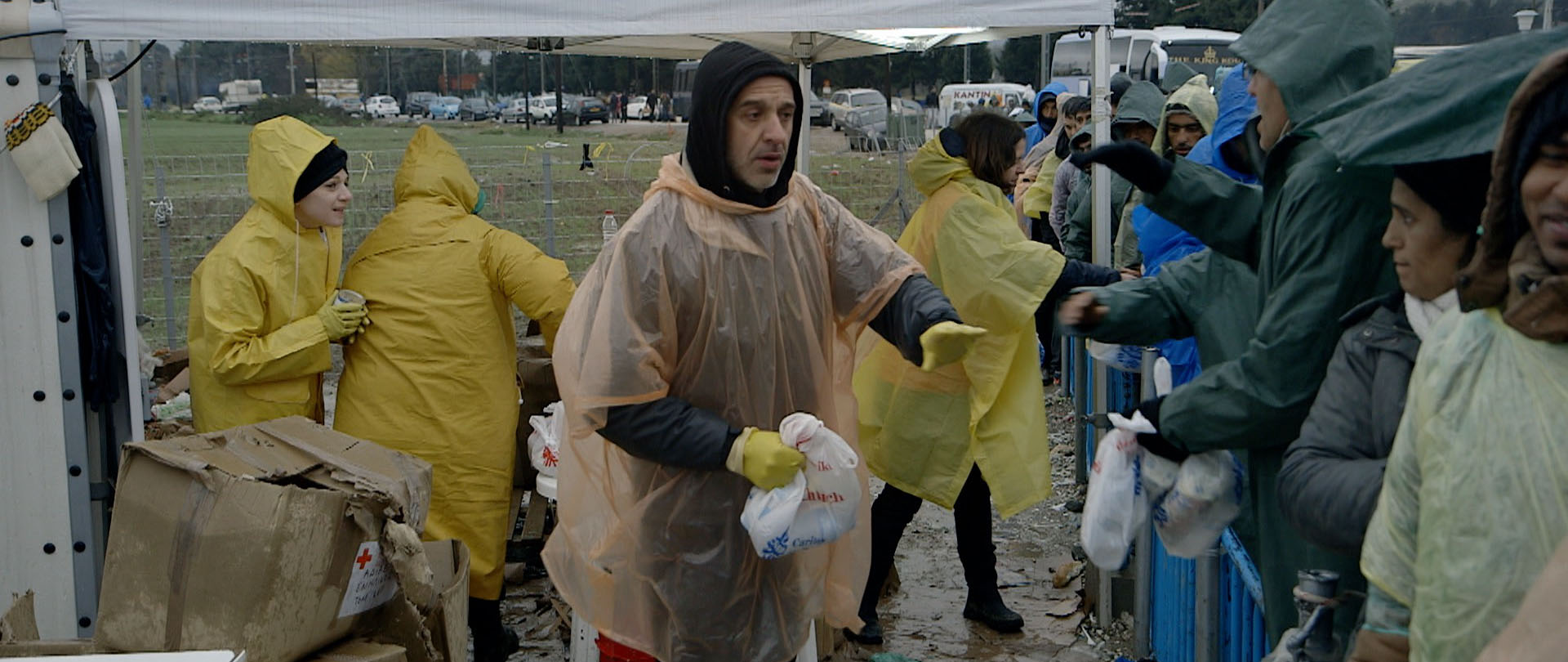
Refugees at Idomeni camp, on the Greek-Macedonian border, receive food rations from aid workers.
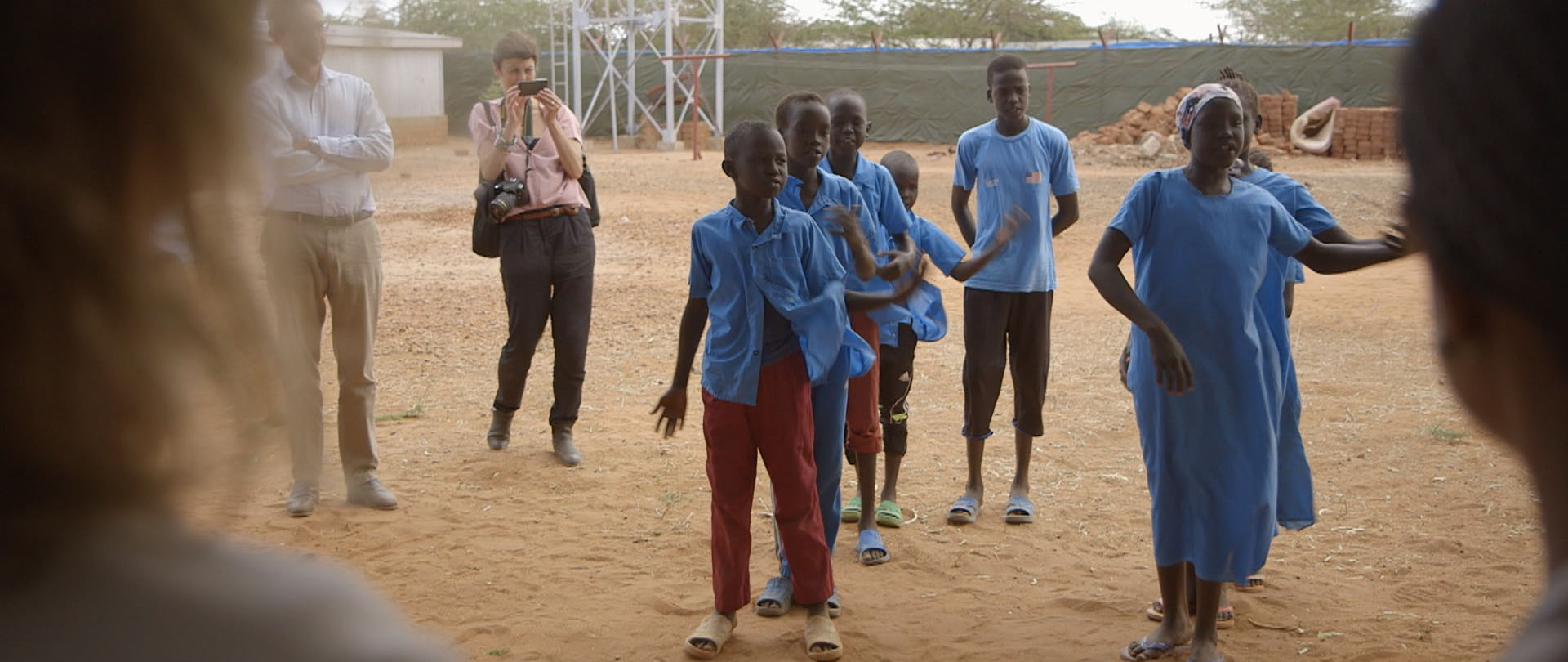
In Dadaab, the world’s largest camp, schoolchildren perform a dance for a visiting Swedish dignitary.
UNHCR: “Who We Are”
READ: The 1951 Refugee Convention
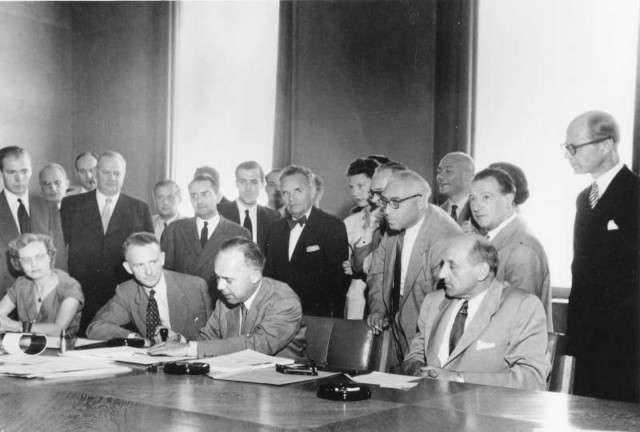 In 1951, 145 nations ratified a convention based on the UN’s Universal Declaration of Human Rights, which recognized the right of persons to seek asylum from persecution in other countries.
In 1951, 145 nations ratified a convention based on the UN’s Universal Declaration of Human Rights, which recognized the right of persons to seek asylum from persecution in other countries.
The Convention, which outlines the rights and benefits of refugees as well as the legal responsibilities of States in protecting them, also defines who does and does not qualify as a refugee.
As it’s considered the primary document providing the legal framework for the UNHCR, the UNHCR is also the main guardian of the Convention, and has followed its principles for more than 65 years.
Q&A: Chris Boian, Spokesperson, UNHCR
CGTN spoke to Chris Boian of the UN High Commissioner for Refugees about the state of the displaced and efforts to assist them.
Part one:

BIG STORY: Q&A with UNHCR's Chris Boian pt.1
BIG STORY: CGTN spoke to Chris Boian of the UN High Commissioner for Refugees about the state of refugees and refugee assistance.Part two:
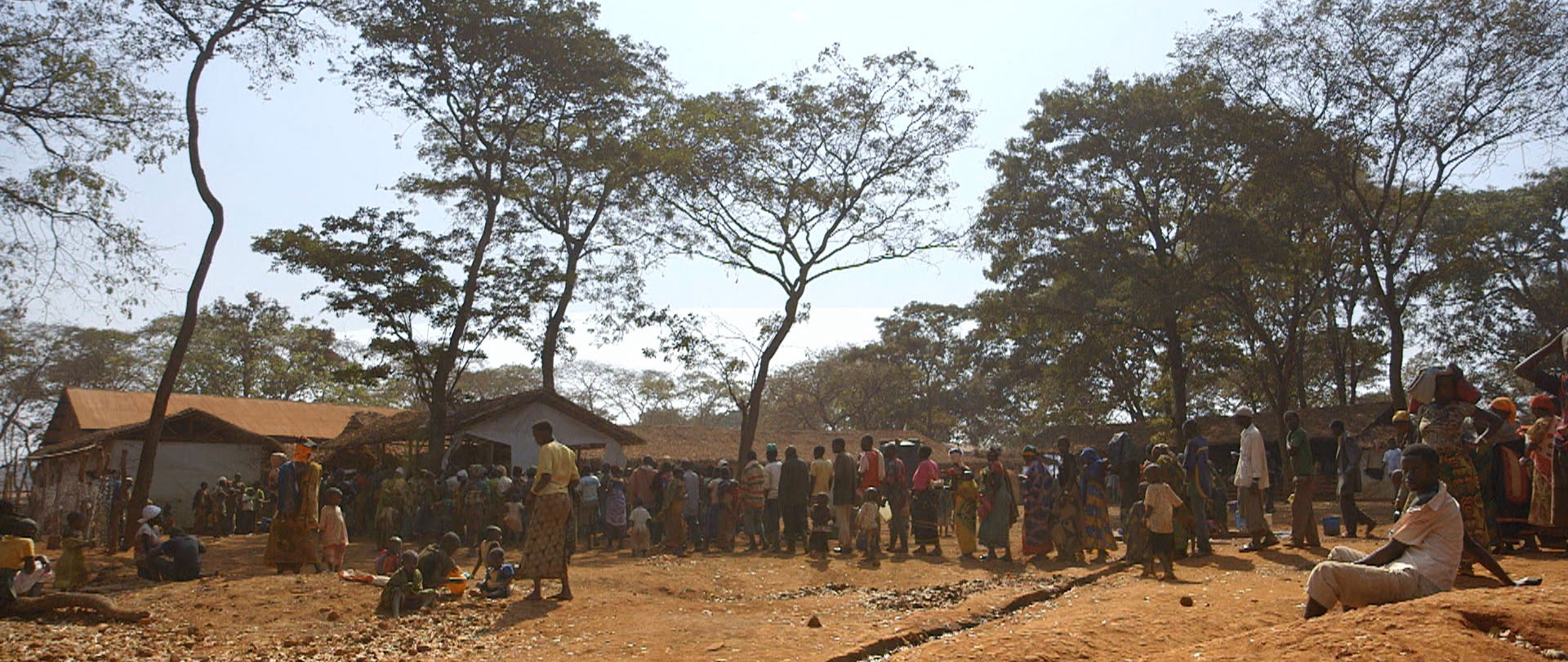
Refugees line up to be registered as camp residents.
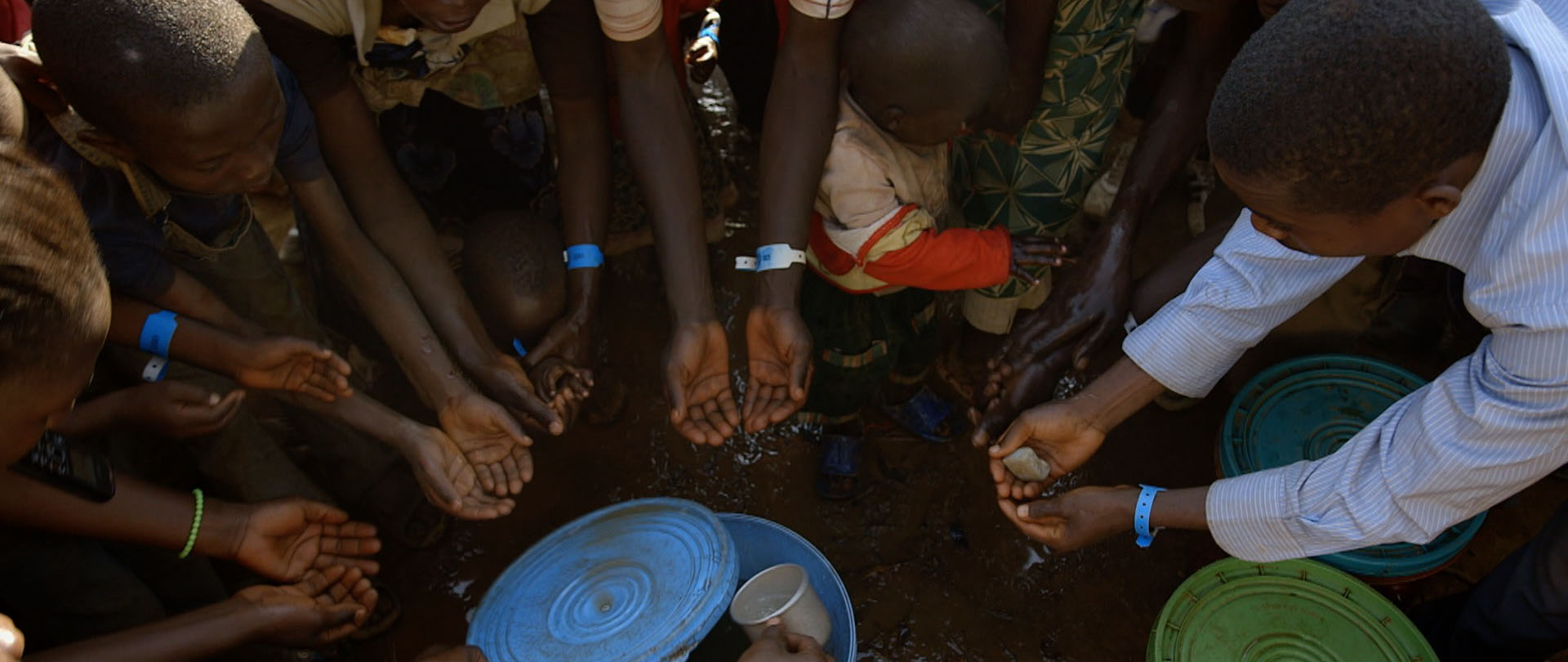
Recent arrivals to a Tanzanian camp share a bar of soap to wash hands.
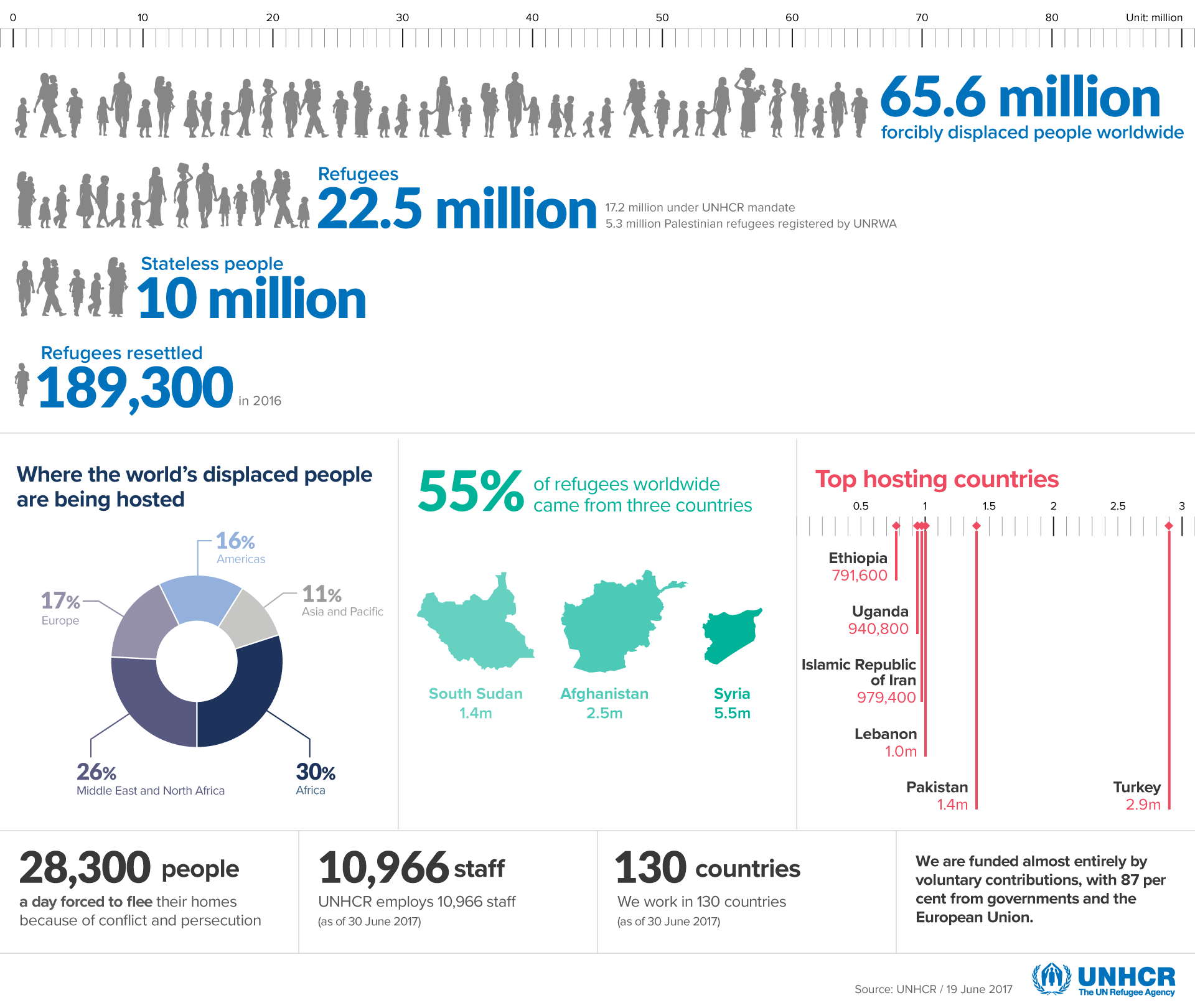
- Click to share on Facebook (Opens in new window) Facebook
- Click to share on X (Opens in new window) X
- Click to share on Instagram (Opens in new window) Instagram
- Click to share on LinkedIn (Opens in new window) LinkedIn
- Click to share on Reddit (Opens in new window) Reddit
- Click to print (Opens in new window) Print
 CGTN America
CGTN America
